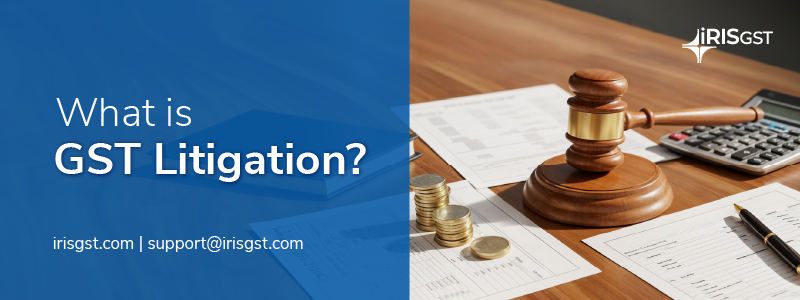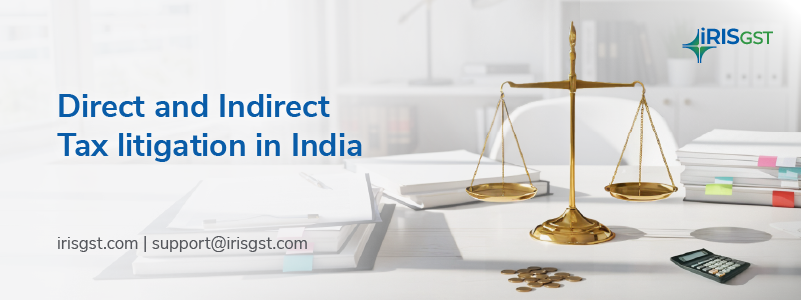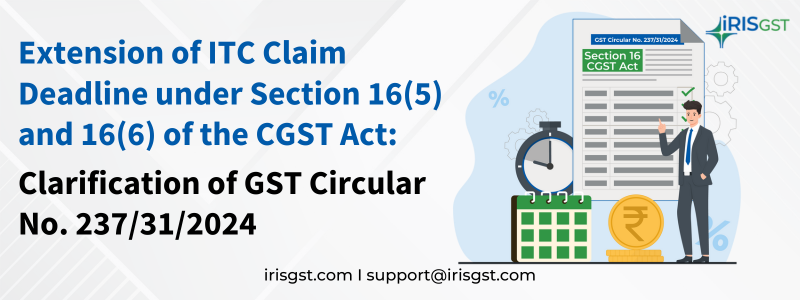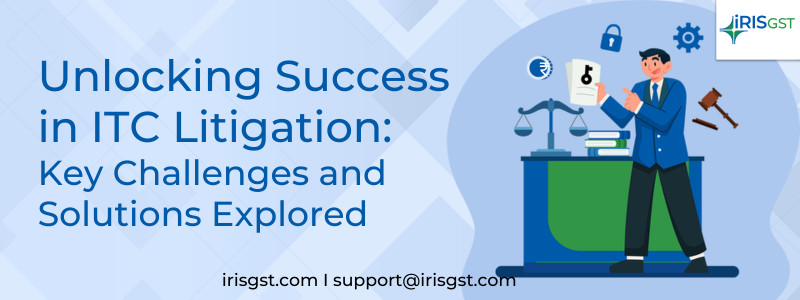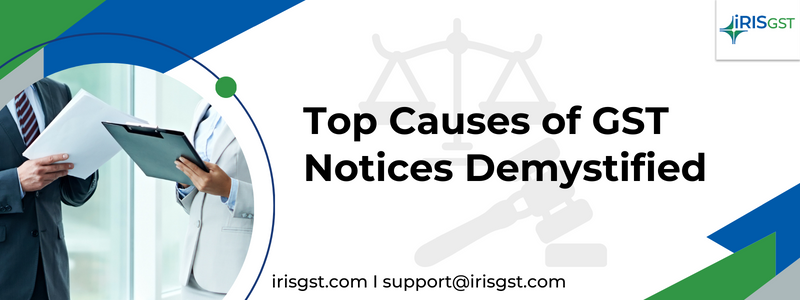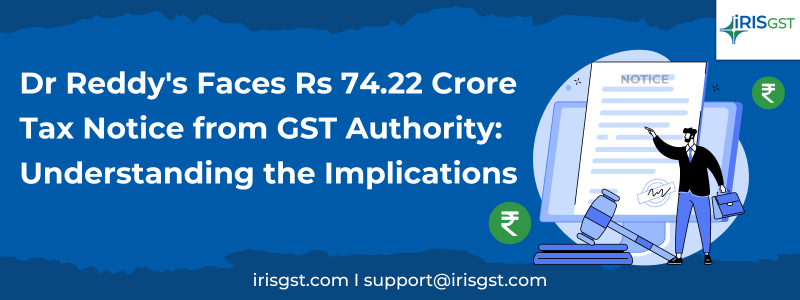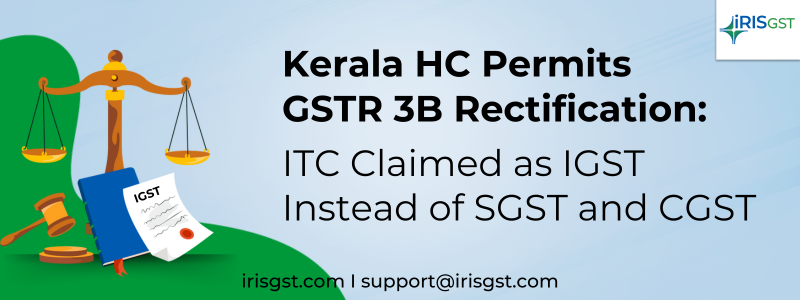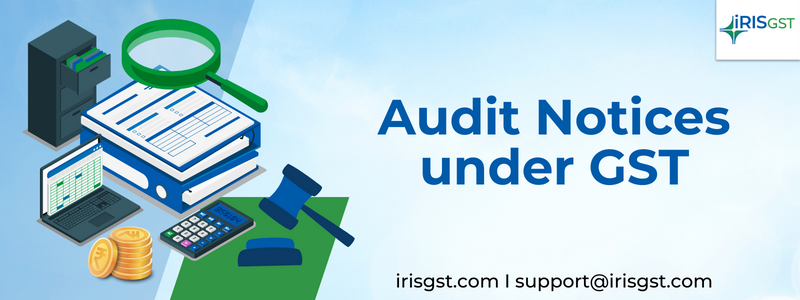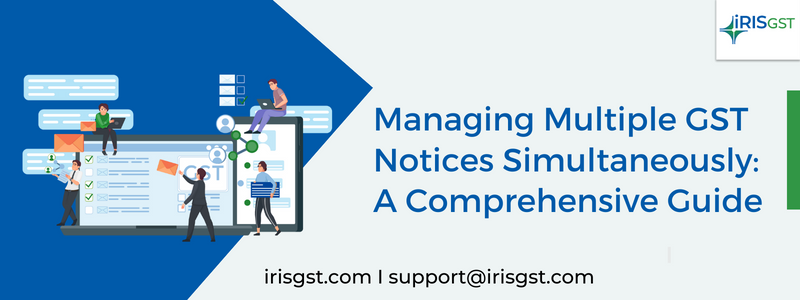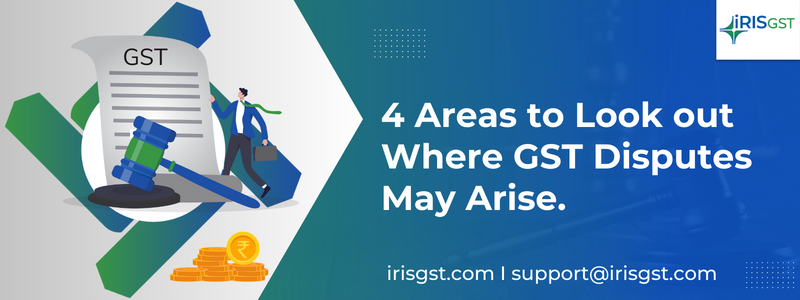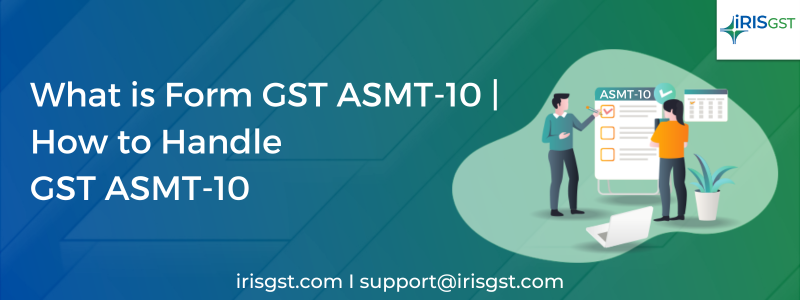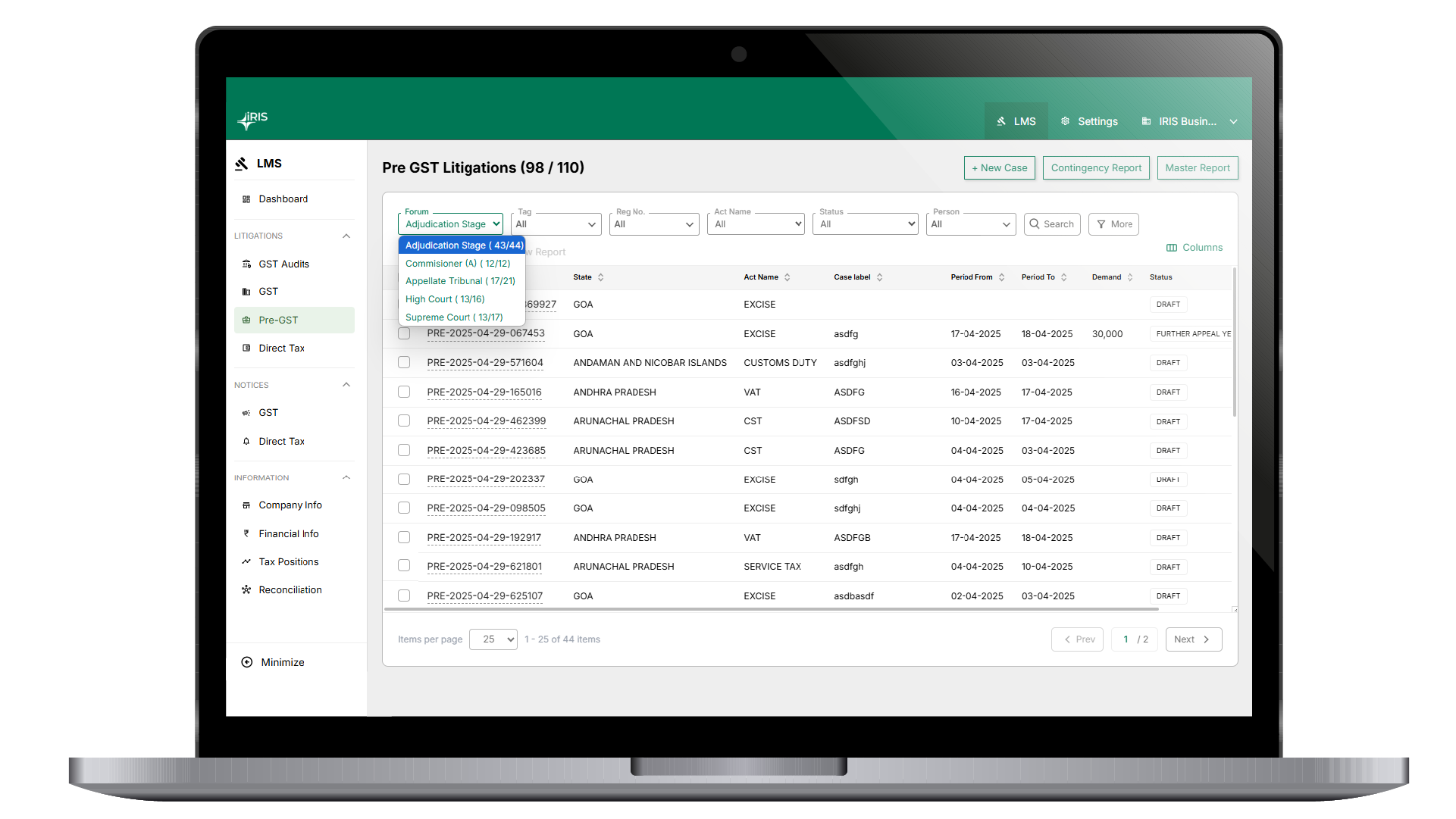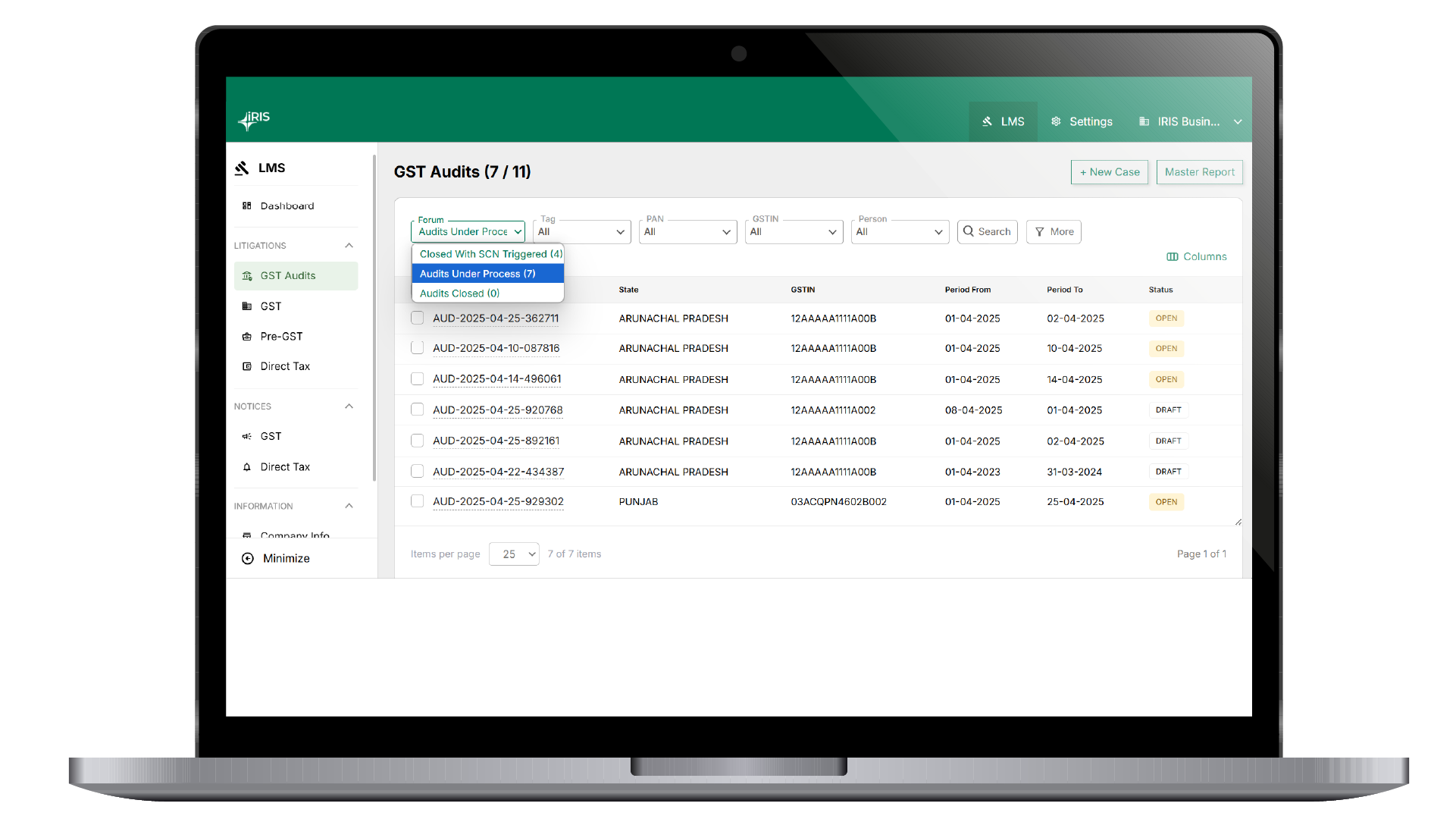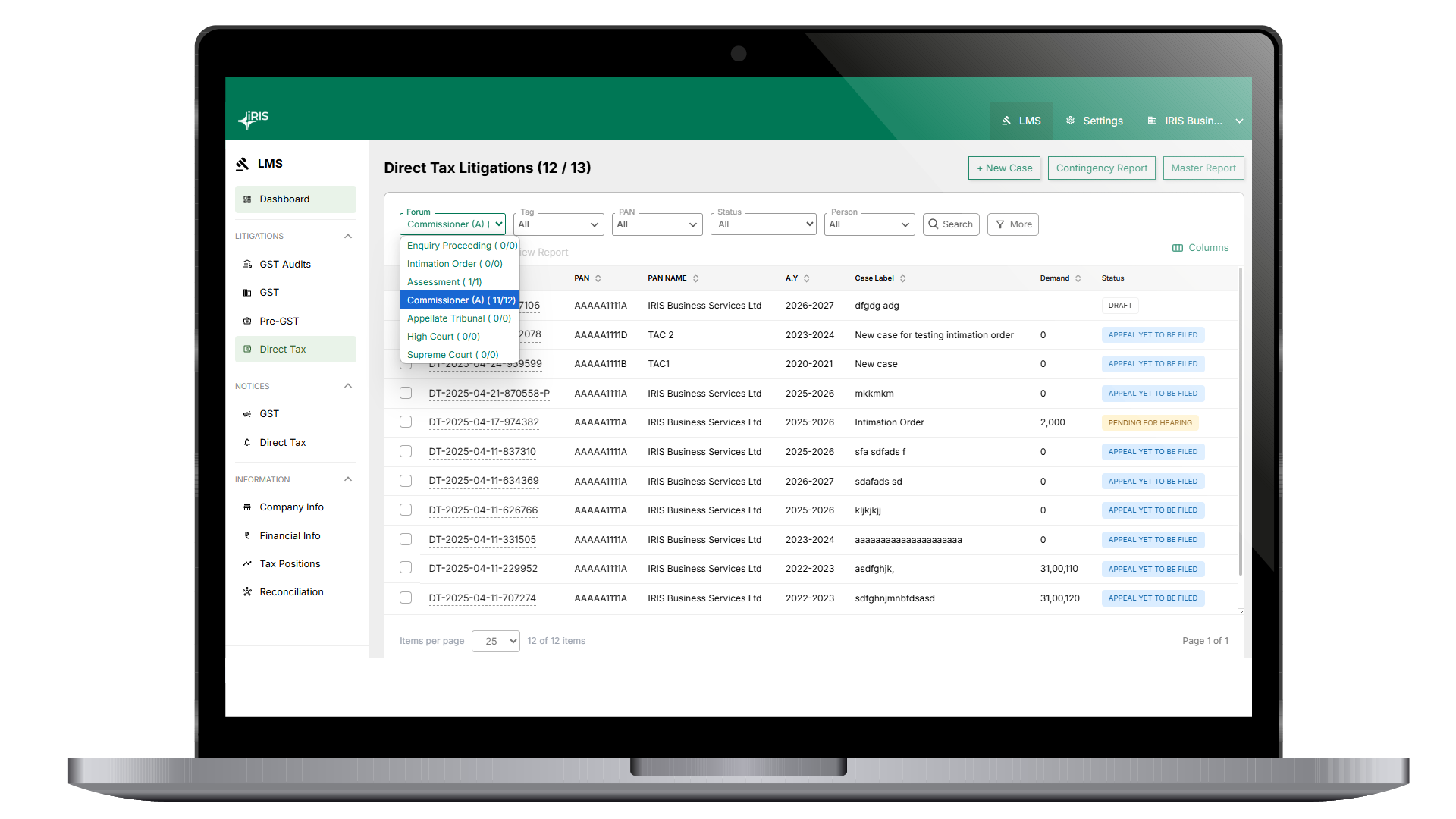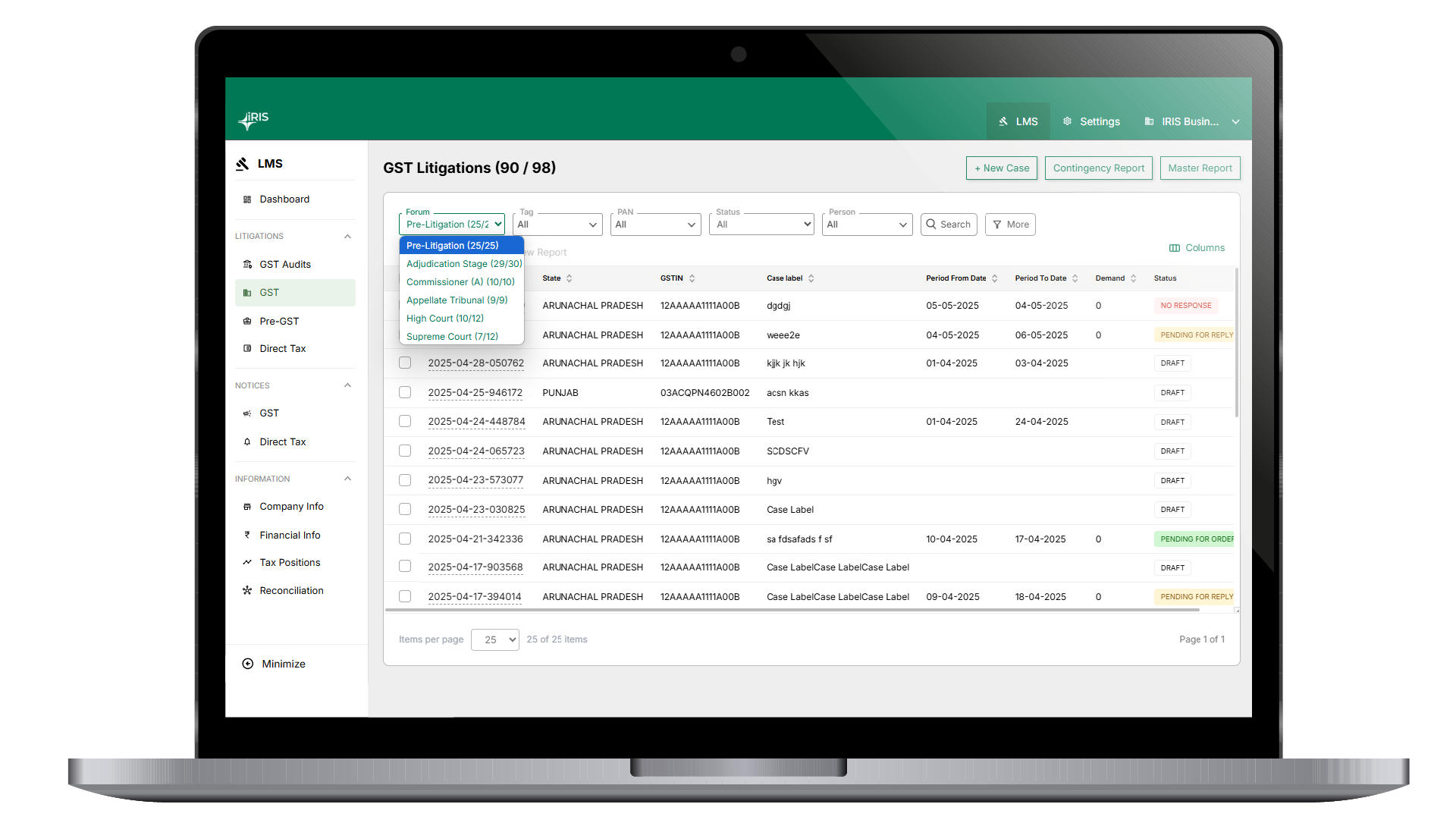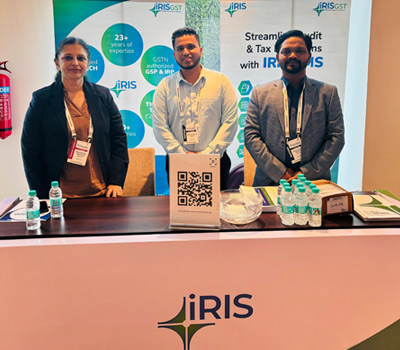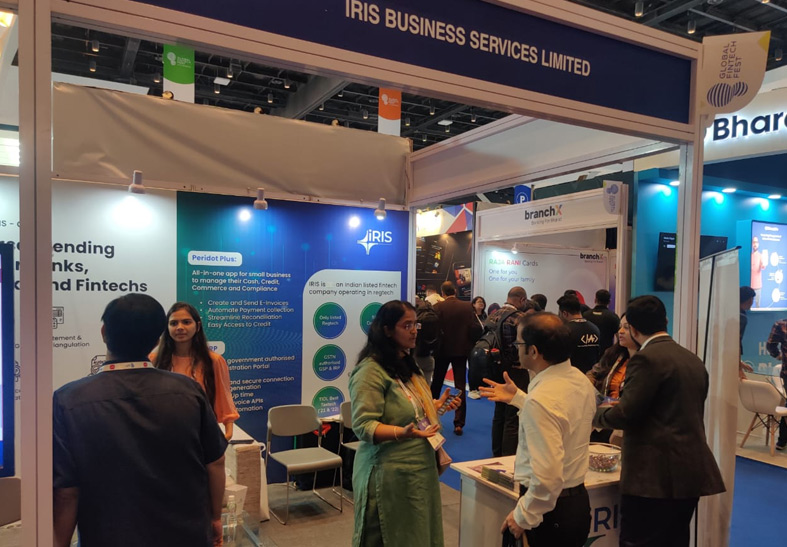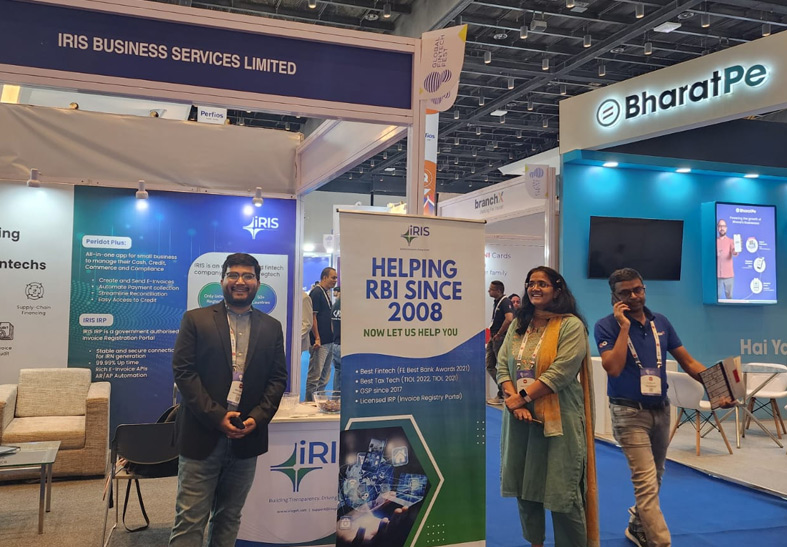The term ‘litigation’ is officially defined as the process of taking legal action in a court of law. Majorly, there are two main types of tax litigation – Direct Tax and Indirect Tax. GST Litigation falls under the indirect tax litigation in India. Read the article to understand GST litigation in detail.
The judicial procedures for tax litigation in India are long and tedious. Know the basics of Tax Litigation in India, direct and indirect taxation, the sub-types of the two main types of taxation, and the litigation associated with it that businesses need to be aware of, in the article.
CBIC's GST Circular No. 237/31/2024 clarifies retrospective provisions in Sections 16(5) and 16(6) of the CGST Act, introduced via the Finance Act (No. 2) of 2024.
Discover how businesses can navigate the complexities of Input Tax Credit (ITC) litigation successfully. From ensuring thorough documentation to leveraging innovative technology solutions, explore effective strategies and solutions to optimize tax credit claims and mitigate risks associated with ITC disputes.
This article outlines key GST notice triggers, including late filings, ITC issues, return inconsistencies, and more. Highlighting the need for strict compliance through high-profile examples, it serves as a guide for businesses to navigate GST regulations effectively and maintain operations.
Dr. Reddy's Laboratories Ltd. faces tax notice from GST authority. The demand amounts to a staggering Rs 74.22 crore, marking a notable financial challenge for the company.
GSTR 3B Rectification allowed by Kerla HC when ITC in GSTR 3B return accounted as IGST credit instead of CGST and SGST credit erroneously.
An audit notice under GST is a formal document issued by a government agency or regulatory body to a business or individual, informing them that they will be subject to an audit.
The rise in GST notices due to policy changes, rule alterations, and fraudulent claims presents a complex challenge for companies. In this article, we'll explore effective strategies for managing multiple GST notices simultaneously.
The government or the GST officials often send notice to registered taxpayers pertaining to any non-compliance or oversight in their GST returns.
In this blog, we will delve into 4 significant areas where GST disputes commonly arise and explore the underlying provisions of the CGST and GST Acts that contribute to these disputes.
In this blog, we will unravel form GST ASMT in detail, understand its content and learn how to file a response. All about Form ASMT-10



